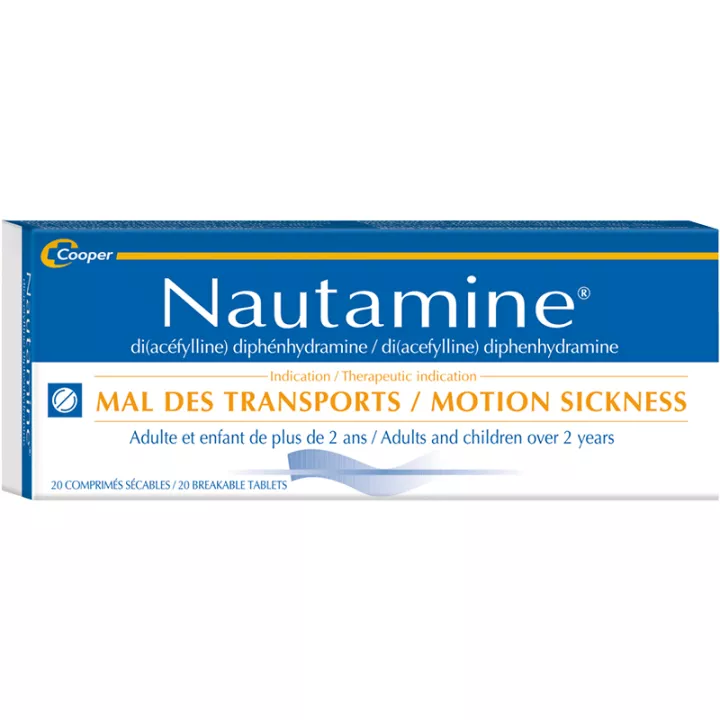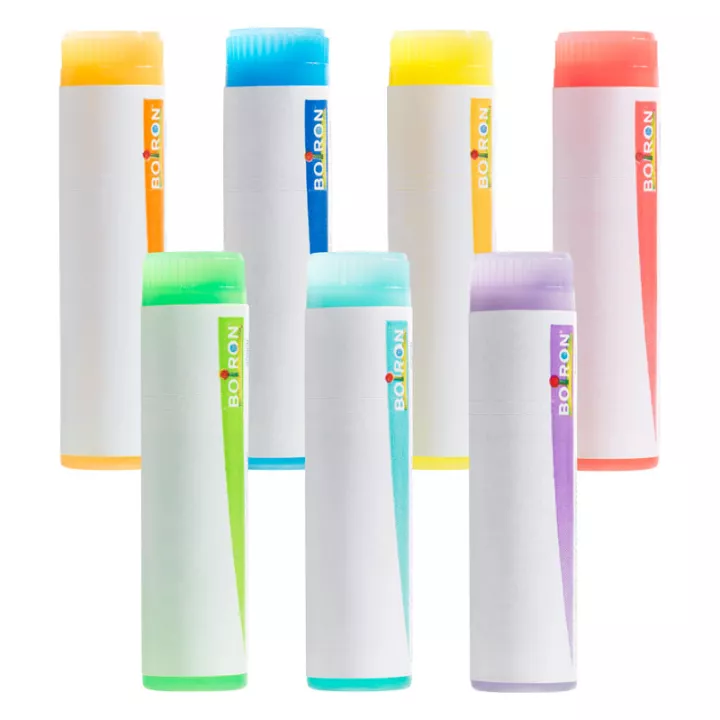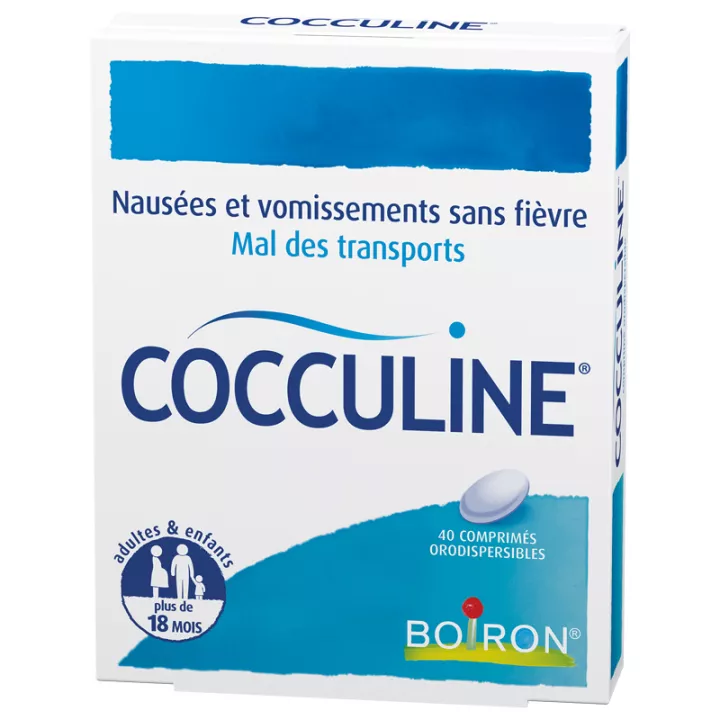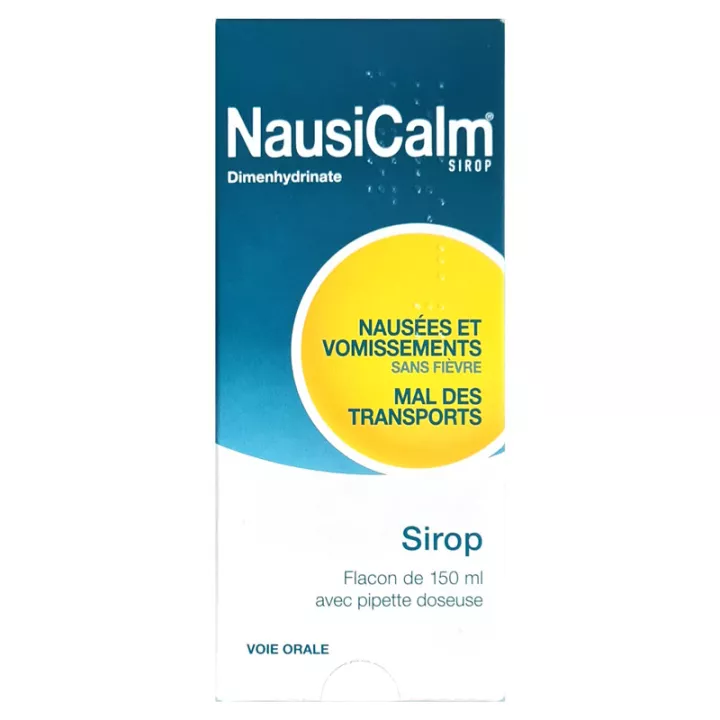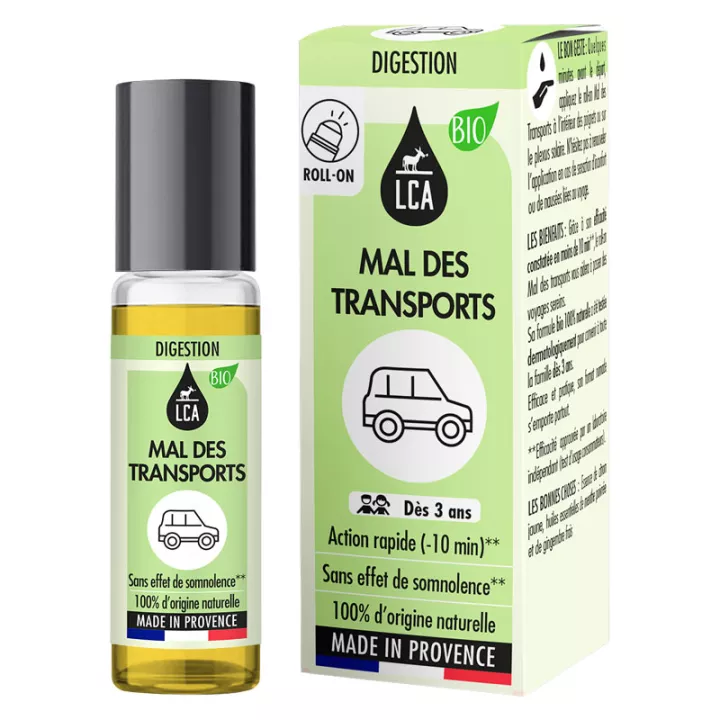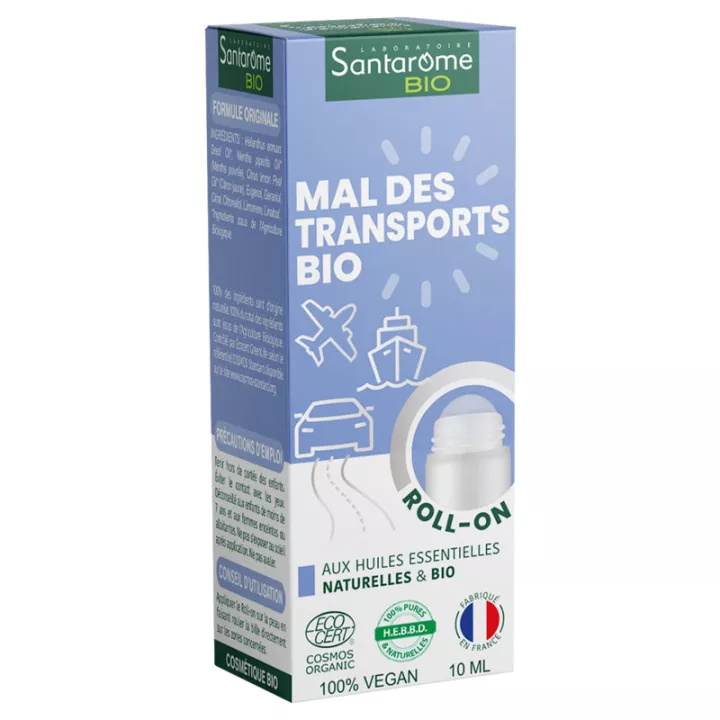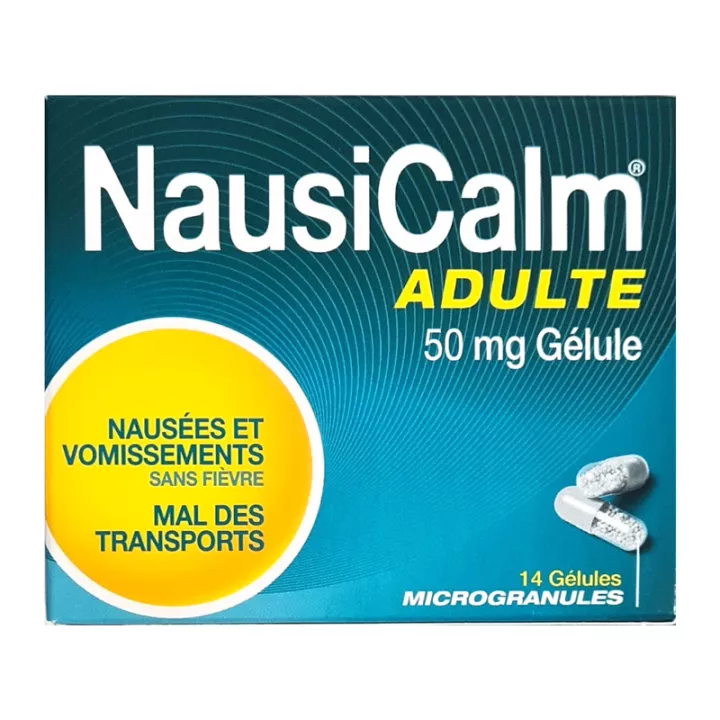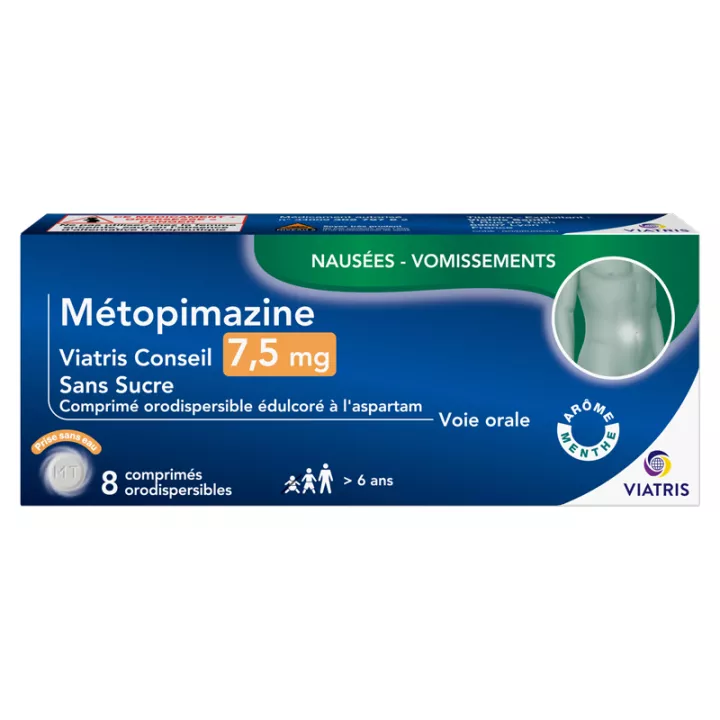NOTICE
ANSM - Updated on: 29/07/2016
Name of the medicinal product
NAUTAMINE, scored tablet
Di (acefylline) diphenhydramine
framed
Please read this leaflet carefully before you start taking this medicine because it contains important information for you.
You should always take this medication exactly as prescribed in this leaflet or by your doctor or pharmacist.
· Keep this leaflet. You might need to read it again.
· Ask your pharmacist for advice or information.
· If you experience any of the side effects, talk to your doctor or pharmacist. This also applies to any side effects not mentioned in this leaflet. See section 4.
· You should contact your doctor if you do not feel any improvement or if the symptoms worsen or persist.
What is in this leaflet?
1. What is NAUTAMINE, scored tablet and in which cases it is used?
2. What information should I take before taking NAUTAMINE tablet?
3. How to take NAUTAMINE, scored tablet?
4. What are the possible side effects?
5. How to store NAUTAMINE, scored tablet?
6. Package contents and other information.
1. WHAT IS NAUTAMINE, scored tablet AND WHAT IT IS USED FOR?
Pharmacotherapeutic group
NAUTAMINE, scored tablet belongs to a family of medicines called antinaupathic.
Therapeutic indications
This medicine contains an antihistamine: diphenhydramine.
It is indicated in adults and children over 2 years in the prevention and treatment of motion sickness.
2. BEFORE YOU TAKE NAUTAMINE, scored tablet?
Do not take NAUTAMINE, scored tablet:
· in children under 2 years of age,
· if you are allergic to the active ingredient (diphenhydramine) or to any of the other ingredients of NAUTAMINE, scored tablet. You will find the list of components in section 6,
· if you are allergic to another antihistamine,
· if you have a risk of closed-angle glaucoma (increased eye pressure that may affect your eyesight),
· if you have problems of prostatic origin (risk of blocking to urinate).
This medication MUST NOT BE GENERALLY USED unless your doctor tells you otherwise if you are breast-feeding.
IN CASE OF DOUBT, IT IS ESSENTIAL TO ASK FOR THE OPINION OF YOUR PHYSICIAN OR YOUR PHARMACIST.
Warnings and Precautions
Mi s es in g a rde s pe c ial s e
Crush the tablets before giving them to your child if he is less than 6 years old, as he could swallow it and stifle it.
Before taking this medication:
Check with your doctor if you have severe liver or kidney disease (severe liver or kidney failure): you can adjust the dose of NAUTAMINE, a scored tablet.
Taking this medication requires a MEDICAL ADVICE in the elderly :
· predisposed to dizziness, orthostatic hypotension (drop in blood pressure when going up), or drowsiness,
· suffering from constipation,
· with disorders of prostatic origin.
PREVENT YOUR DOCTOR before taking this antihistamine.
The occurrence of signs or symptoms suggestive of abuse or drug dependence of diphenhydramine should be carefully monitored.
IN CASE OF DOUBT DO NOT HESITATE TO REQUEST THE NOTICE OF YOUR DOCTOR OR PHARMACIST.
Children and Youth
Not applicable.
Other medicines and NAUTAMINE, scored tablet
|
This medication contains an antihistamine, diphenhydramine.
Other medicines contain it. Do not combine them, so as not to exceed the maximum recommended dose (see section 3 "HOW TO TAKE NAUTAMINE, tablet
scored? ").
|
If you are taking or have recently taken any other medicines, including medicines obtained without a prescription, talk to your doctor or pharmacist.
Avoid taking medication containing alcohol.
NAUTAMINE, scored tablet with food and beverages
NAUTAMINE, scored tablet can cause severe drowsiness accentuated by alcohol: Refrain from drinking alcoholic beverages during the course of treatment.
Pregnancy and breast feeding
Pregnancy
You may take this medication during pregnancy, provided it is for a short time (a few days) and at recommended doses.
At the end of pregnancy, abuse of this drug may cause adverse effects in the newborn. Therefore, always seek the advice of your doctor before using it.
Ask your doctor or pharmacist for advice before taking any medicine.
feeding
This drug passes into breast milk. Avoid using this medication if you are breast-feeding.
Ask your doctor or pharmacist for advice before taking any medicine.
Sport
Not applicable.
Driving and using machines
Caution : The drowsiness and decreased vigilance caused by this medication can be very important. This is exacerbated by the use of alcoholic beverages or alcohol-containing medications.
3. HOW TO TAKE NAUTAMINE, scored tablet?
Always observe the conditions of use mentioned in this leaflet. Do not exceed the recommended dose. Cases of abuse with diphenhydramine have been reported.
This medication is reserved for adults and children over 2 years of age.
The tablets are divisible: they can be cut in 2 equal parts.
Adult and child over 12 years:
The tablets should be swallowed with a glass of water (oral).
The usual dose is 1 to 1.5 tablets to take half an hour before departure. Replace the plug if necessary after 6 hours, without exceeding 6 tablets per day.
Children between 6 and 12 years:
The tablets should be swallowed with a glass of water (oral).
The usual dose is 1 tablet to take half an hour before departure. Replace the plug if necessary after 6 hours, without exceeding 4 tablets per day.
Children between 2 and 6 years:
Crush the half-tablets and then pour the powder obtained in a glass of water (oral).
The usual dose is 1 half-compressed crushed per take to take half an hour before departure. Replace the plug if necessary after 6 hours, without exceeding 4 crushed half-tablets per day.
If you or your child have taken more NAUTAMINE, scored tablet than you should: Consult your doctor immediately or medical emergencies.
If you forget to take NAUTAMINE, scored tablet:
Not applicable.
If you stop taking NAUTAMINE, scored tablet:
Not applicable.
4. WHAT ARE POSSIBLE SIDE EFFECTS?
Like all medicines, this medicine may cause side effects, although not everybody gets them.
· Some side effects require STOPPING IMMEDIATELY TREATMENT AND WARNING A PHYSICIAN
o Allergic reactions:
§ redness of skin (erythema), eczema, small red spots (purpura), red patches on the skin that itch (urticaria),
§ abrupt swelling of the face and neck, which may cause difficulty breathing (angioedema)
§ sudden discomfort with a significant drop in blood pressure that can put your life at risk (anaphylactic shock),
o abnormalities seen during a blood test:
§ decrease in the number of white blood cells (leucopenia, neutropenia) which may be manifested by the appearance or the recrudescence of a fever accompanied or not by signs of infections.
§ abnormal decrease in platelet count, which may result in nosebleeds or gums (thrombocytopenia),
§ decreased number of red blood cells (hemolytic anemia) that may manifest as pallor, shortness of breath, with or without fever, pain in the joints, abdomen, jaundice, or discomfort.
· Other side effects may include:
o sedation or somnolence ,
o confusion, hallucinations,
o impaired balance, dizziness, decreased memory or concentration (more common in the elderly),
o difficulty in coordinating its movements,
o tremors,
o dryness of the mucous membranes,
o drying of the lactated secretion,
o urinary blockage,
o constipation,
o palpitations, drop in blood pressure when going to standing (orthostatic hypotension),
o blurred vision (accommodation disorders, mydriasis).
· More rarely signs of excitement: agitation, nervousness, insomnia.
· Cases of abuse and drug dependence with diphenhydramine have been reported.
Declaration of side effects
If you experience any side effects, talk to your doctor or pharmacist. This also applies to any side effects not mentioned in this leaflet. You can also report adverse reactions directly via the national reporting system: National Agency for the Safety of Medicines and Health Products (ANSM) and network of Regional Centers of Pharmacovigilance
By reporting adverse reactions, you are helping to provide more information about the safety of the drug.
5. HOW TO STORE NAUTAMINE, scored tablet?
Keep this medicine out of the reach and sight of children.
Do not use this medicine after the expiry date which is stated on the carton. The expiry date refers to the last day of that month.
Store at a temperature not exceeding 30 ° C.
Do not throw any medicines into drains or rubbish. Ask your pharmacist to remove any medications you are no longer using. These measures will help protect the environment.
6. PACKAGE CONTENTS AND OTHER INFORMATION
What NAUTAMINE contains, breakable tablet
· The active substance is:
Di (acefylline) diphenhydramine ............................................. .............................................. 90 mg
For a scored tablet.
· The other components are : hydrated colloidal silica, potato starch, magnesium stearate, indigotin (E 132), microcrystalline cellulose, ethylcellulose.
What is NAUTAMINE, scored tablet and contents of the pack
This medication is in the form of a scored tablet. One box contains 20 tablets.
Marketing Authorization Holder
SANOFI AVENTIS FRANCE
82 AVENUE RASPAIL
94250 GENTILLY
Marketing Authorization Operator
SANOFI AVENTIS FRANCE
82 AVENUE RASPAIL
94250 GENTILLY
Maker
DELPHARM DIJON
6 BOULEVARD OF EUROPE
21800 QUETIGNY
Names of the medicinal product in the Member States of the European Economic Area
Not applicable.
The last date on which this leaflet was revised is:
[to be completed later by the holder]
Other
Not applicable.

